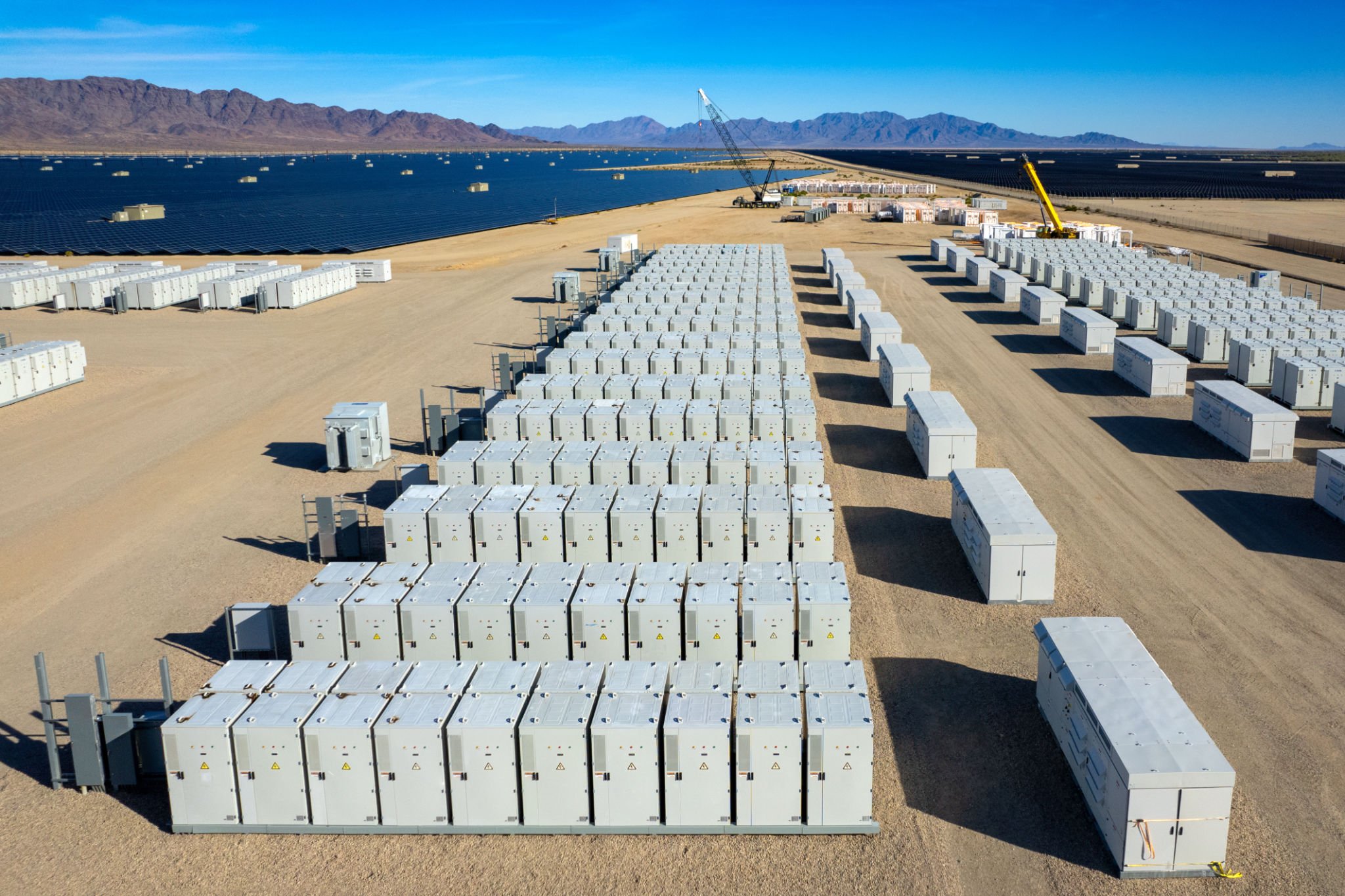Comparing Solar Battery Storage Systems: Which is Right for Your Charleston Home?
Understanding Solar Battery Storage Systems
As more homeowners in Charleston turn to solar energy, the interest in solar battery storage systems is growing. These systems allow you to store excess energy generated during the day for use during the night or cloudy days. This not only maximizes the efficiency of your solar panels but also provides a reliable backup during power outages.
When choosing a solar battery storage system, it’s essential to understand the different types available and determine which one fits your home’s energy needs and lifestyle. Below, we'll compare some popular options to help you make an informed decision.

Lithium-Ion vs. Lead-Acid Batteries
Lithium-Ion Batteries
Lithium-ion batteries have become the industry standard due to their high energy density, long lifespan, and efficiency. These batteries are compact and offer a faster charging time, making them ideal for residential use. While they may come with a higher upfront cost, their durability and performance often justify the investment over time.
Lead-Acid Batteries
Lead-acid batteries, on the other hand, are a more traditional option. They are generally more affordable and have been used in various applications for decades. However, they are bulkier and have a shorter lifespan compared to lithium-ion batteries. They may still be suitable for homeowners looking for a cost-effective solution with moderate energy requirements.

Capacity and Power Ratings
When comparing battery storage systems, it’s crucial to consider both capacity and power ratings. Capacity refers to the total amount of electricity a battery can store, typically measured in kilowatt-hours (kWh). Power rating, measured in kilowatts (kW), indicates how much energy can be delivered at once.
A higher capacity is beneficial if you need to power your entire home for an extended period, while a higher power rating is important for running multiple high-energy appliances simultaneously. Evaluate your daily energy usage to determine the right balance for your home.
Scalability and Integration
Another factor to consider is the scalability of the battery system. Some systems allow you to add more batteries as your energy needs grow. This flexibility can be advantageous if you plan on expanding your solar panel system in the future.
Additionally, integration with existing systems is vital. Ensure that the battery you choose is compatible with your current solar panel setup and any smart home technology you may have. A seamless integration can significantly enhance the efficiency and convenience of your renewable energy system.

Brand Reputation and Warranty
When investing in a solar battery storage system, it's important to choose a brand with a solid reputation for quality and customer service. Research different manufacturers and read reviews from other homeowners in Charleston who have installed similar systems.
Moreover, pay attention to the warranty offered by each manufacturer. A robust warranty can provide peace of mind and protect your investment over the long term. Look for warranties that cover both performance and product defects.
Conclusion
Selecting the right solar battery storage system for your Charleston home involves careful consideration of various factors such as battery type, capacity, scalability, and brand reputation. By evaluating your specific energy needs and future plans, you can choose a system that not only supports your current lifestyle but also adapts to your evolving energy requirements.
With the right choice, you’ll enjoy enhanced energy independence and resilience, while also contributing to a more sustainable future. As solar technology continues to advance, investing in a reliable battery storage system is a smart decision that will benefit you for years to come.